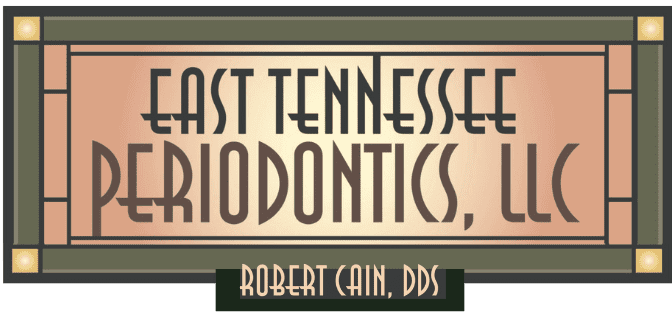Sinus lift surgery is necessary for patients receiving dental implants and who need to create more room in the jaw for the implant to be properly placed. The sinus lift surgery will not only create enough room for the dental implant but also help thicken the sinus floor to help support the dental implant. This is specialized periodontal surgery.
The sinus lift surgery adds a bone between your jaw and maxillary sinuses. Patients who have the following require sinus lift surgery:
- have lost teeth in the upper jaw
- lost bone due to periodontal (gum) disease
- have experienced tooth loss that may have led to bone loss as well
- do not have an adequate amount of room between the maxillary sinus and the upper jaw
It may be frightening and frustrating to hear that you need sinus lift surgery to get dental implants. There is no need to worry; sinus lift surgery is a common procedure that results in a strong foundation for those needing dental implants.
People who have experienced bone loss can still get dental implants because of this revolutionary procedure. Dental implants are the closest thing to your natural teeth and allow you to live a better lifestyle.
Sinus Lift Surgery in Knoxville, TN
Depending on your oral health, Dr. Cain may need to take an x-ray before the procedure to analyze your jaw and sinuses. A CT scan may help measure the height and width of the jaw bone.
Before the surgery, we extract the bone needed for your sinus lift surgery from your own body. Usually, we take the bone from your hip or the bone beneath your knee. If extracting bone from your body is unattainable, we can use synthetic material or prepared bone from a tissue bank in its absence.
After receiving the implant bone, Dr. Cain makes a small incision in your gum tissue on the cheek side where the dental implant will be placed. After making the incision, Dr. Cain will open your gum tissue, expose the jawbone, and gently push it toward the sinus cavity.
This provides a new bone and foundation to place a tooth implant properly. It pushes the sinus membrane toward the sinus cavity as well. We place the bone graft material in the small space below the lifted sinus cavity. Once we place the bone graft, we suture the gum tissue flap. In special cases, we can place the implant into the mouth after the sinus lift surgery.
However, in most cases, patients must wait several months for their mouths to heal. The surgery will generally take from one to one and a half hours. The downside to needing this procedure is it extends the treatment time for dental implants. You must wait about six to nine months after your sinus lift surgery before your dental implant surgical placement in the new bone.
The implants need to heal for another three to six months. Finally, after almost twelve months, we can place your dental restoration. At your consultation with Dr. Cain, he will discuss the best option for your oral health after a thorough examination.
Sinus Lift FAQs
How long does it take to recover from a sinus lift?
Sinus lift recovery occurs in steps. It takes 3-4 days for the main pain and swelling to go down from the surgery. We’ll make an appointment with you for a week after the surgery to check on your healing and remove sutures if need be. It may take 7-10 days for you to feel refreshed and back to normal activity. As far as complete healing, this is a matter of months. It’s usually around six months or more for complete healing and the ability to place dental implant posts.
What can’t I do after a sinus lift?
We’ll provide detailed aftercare instructions so that you heal properly. For around four weeks after the procedure, don’t blow your nose under any circumstances, even if you have a cold. We recommend stopping smoking well before your procedure, but you’re definitely not able to smoke after it. Take a few weeks off from any vigorous physical activity. You can begin reintroducing workouts, but start small and build to more intensity. Avoid things like blowing up balloons or playing wind instruments for 2-3 weeks.
Will my face change after getting a sinus lift?
Yes, your face will change for the better. Sinus lifts help to restore the bone that’s deteriorated due to your tooth loss. Bone deterioration makes your face appear sunken in, prematurely aging the features. A sinus lift helps reverse this look and fills your face back out again.
What happens if I sneeze after a sinus lift?
Try to avoid sneezing after your sinus lift as much as possible. If you absolutely have to sneeze, keep your mouth open during it. Sneezing causes extreme sinus pressure and causes increased pain and pressure.
Does a sinus lift hurt?
A sinus lift isn’t painful, but it definitely causes discomfort. You won’t feel pain at all during the actual surgical procedure. We provide local anesthetic and offer various sedation options to ensure you’re comfortable throughout the entire procedure. We’ll prescribe painkillers after the procedure to ease this discomfort or recommend over the counter painkillers.
Does a sinus lift impact your breathing?
In the first couple of days after the procedure, you may notice some odd things with sinus pressure and other temporary issues. But it has no long-term impact on your breathing. You shouldn’t expect anything to change with your sinuses or breathing capacity. It also won’t change any issues that you have with allergies or the way you speak.
